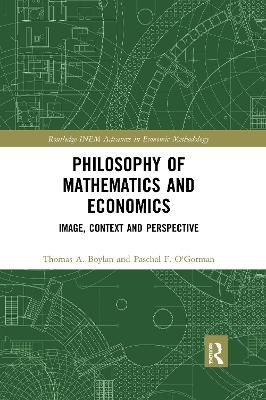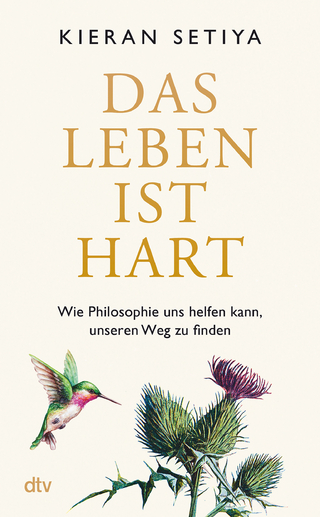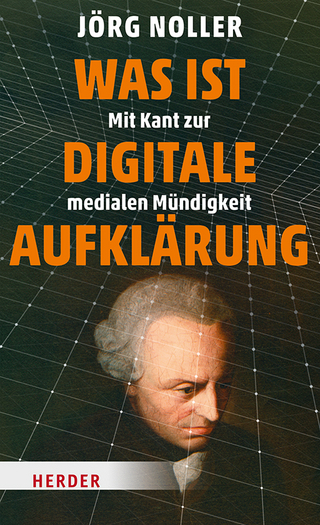
Philosophy of Mathematics and Economics
Routledge (Verlag)
978-0-367-59243-1 (ISBN)
With the failure of economics to predict the recent economic crisis, the image of economics as a rigorous mathematical science has been subjected to increasing interrogation. One explanation for this failure is that the subject took a wrong turn in its historical trajectory, becoming too mathematical. Using the philosophy of mathematics, this unique book re-examines this trajectory.
Philosophy of Mathematics and Economics re-analyses the divergent rationales for mathematical economics by some of its principal architects. Yet, it is not limited to simply enhancing our understanding of how economics became an applied mathematical science. The authors also critically evaluate developments in the philosophy of mathematics to expose the inadequacy of aspects of mainstream mathematical economics, as well as exploiting the same philosophy to suggest alternative ways of rigorously formulating economic theory for our digital age. This book represents an innovative attempt to more fully understand the complexity of the interaction between developments in the philosophy of mathematics and the process of formalisation in economics.
Assuming no expert knowledge in the philosophy of mathematics, this work is relevant to historians of economic thought and professional philosophers of economics. In addition, it will be of great interest to those who wish to deepen their appreciation of the economic contours of contemporary society. It is also hoped that mathematical economists will find this work informative and engaging.
Thomas A. Boylan is Professor Emeritus of Economics of the National University of Ireland, Galway. His main research and teaching interests have been in Economic Growth and Development Theory; Applied Econometrics; Philosophy/Methodology of Economics; Post-Keynesian Economics; and the History of Irish Economic Thought. Paschal F. O’Gorman is Professor Emeritus of Philosophy of the National University of Ireland, Galway. His main research and teaching areas have been in the Philosophy of Science; Logic; Philosophy of Mind; and since the 1980s, the Philosophy and Methodology of Economics.
Preface, Introduction, Chapter 1 Economics and Mathematics: Image, Context and Development, Chapter 2 Walras’s Programme: The Walras-Poincaré Correspondence Reassessed, Chapter 3 The Formalisation of Economics and Debreu’s Philosophy of Mathematics, Chapter 4 The Axiomatic Method in the Foundations of Mathematics: Implications for Economics, Chapter 5 Hahn and Kaldor on the Neo-Walrasian Formalization of Economics, Chapter 6 Rationality and Conventions in Economics and in Mathematics, Chapter 7 The Emergence of Constructive and Computable Mathematics: New Directions for the Formalization of Economics?, Chapter 8 Economics, Mathematics and Science: Philosophical Reflections, Appendix, Bibliography
| Erscheinungsdatum | 01.07.2020 |
|---|---|
| Reihe/Serie | Routledge INEM Advances in Economic Methodology |
| Verlagsort | London |
| Sprache | englisch |
| Maße | 156 x 234 mm |
| Gewicht | 453 g |
| Themenwelt | Geisteswissenschaften ► Philosophie |
| Naturwissenschaften | |
| Wirtschaft ► Allgemeines / Lexika | |
| Wirtschaft ► Volkswirtschaftslehre | |
| ISBN-10 | 0-367-59243-6 / 0367592436 |
| ISBN-13 | 978-0-367-59243-1 / 9780367592431 |
| Zustand | Neuware |
| Informationen gemäß Produktsicherheitsverordnung (GPSR) | |
| Haben Sie eine Frage zum Produkt? |
aus dem Bereich


